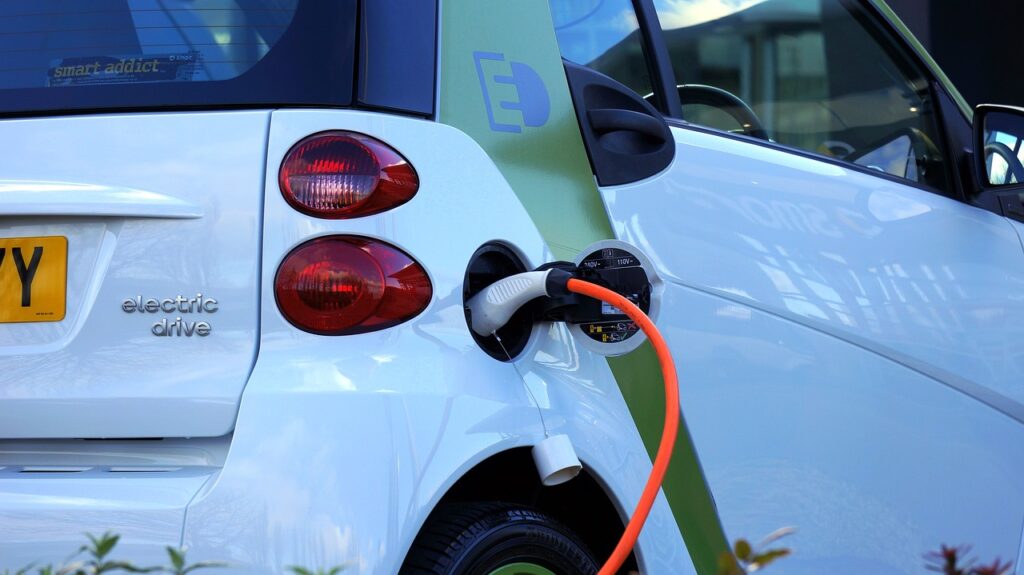Contents
- 1 Introduction
- 2 Gasoline is expensive.
- 3 Electric cars are becoming more popular.
- 4 Electric cars are going to become more efficient in the future.
- 5 Electric cars save you money on gas and repairs, but you need special charging stations for it.
- 6 You still have to keep up with regular maintenance on an electric car.
- 7 There are some places where you can’t see a dramatic price difference between the two.
- 8 It’s best to test drive both cars before deciding which one is right for you
- 9 Conclusion
Introduction
If you’re in the market for a new car, you may be wondering whether to buy electric or gasoline. Both have their pros and cons, so it’s important to weigh them carefully before making your decision. Here are some things to consider:
Gasoline is expensive.
It’s no secret that gas prices are going up, and they’re not going to stop anytime soon. It costs a lot of money to produce, transport and refine gasoline–and then there are taxes. In fact, most of the cost of gasoline comes from taxes levied by state and federal governments:
In 2017:
- Federal excise tax was $0.38 per gallon (22%)
- State & local sales tax averaged $0.28 per gallon (16%)
Electric cars are becoming more popular.
The technology has matured, and it’s now possible for electric cars to travel long distances without needing to be recharged. Charging stations are also becoming more common, making it easier for people who drive these vehicles to find places where they can recharge their batteries.
Electric cars have many benefits over gasoline-powered vehicles: they’re cleaner, they’re better for the environment, and they cost less money in terms of fuel costs over time because there’s no need for gasoline refills or oil changes (which saves you money).
Electric cars are going to become more efficient in the future.
They’re already getting closer to the efficiency of internal combustion engines, but they still have a long way to go before they can match them.
Electric cars are more expensive than gasoline cars, so if you want an electric vehicle (EV), you’ll have to pay more up front for it than if you were buying a gasoline vehicle.
Electric cars save you money on gas and repairs, but you need special charging stations for it.
You may be wondering whether an electric car is right for you. If so, here’s what you need to know:
- Electric cars are more expensive to buy than gasoline cars. The average price of a new electric vehicle is $35,000, compared with $22,000 for a gas-powered one. But because they’re less expensive over time and use less energy overall (especially if the electricity comes from renewable sources), the cost savings can add up quickly over time.
- You’ll save money on gas and repairs with an electric vehicle because they have fewer moving parts than traditional engines do–meaning fewer things that can break down or wear out over time. Plus, there’s no oil change required!
- You’ll need special charging stations installed at home so your car can recharge its battery while parked in the garage overnight or during other periods when it isn’t being used (such as during lunch breaks).
You still have to keep up with regular maintenance on an electric car.
Electric cars are no different from gasoline cars when it comes to maintenance. You still have to keep up with regular maintenance on both, as well as make sure that you’re using the correct fuel for your vehicle and driving habits. If you don’t, then it could lead to problems down the road that end up costing you more money than necessary (and potentially even cause an accident).
Electric cars require more maintenance than gas cars because they use electric motors instead of internal combustion engines (ICEs). In order to charge these batteries and run smoothly over time, they need preventive measures like replacing parts like battery packs every few years or so–and those aren’t cheap! As long as you follow proper procedures when it comes time for repairs or replacement parts though, there shouldn’t be anything majorly wrong with owning one of these vehicles.*
There are some places where you can’t see a dramatic price difference between the two.
For example, in California and New York–two states with high gas prices–and even more so if you live in Los Angeles or New York City, where there are many miles of urban driving on congested streets that make electric cars less efficient than they would be in other environments.
In those areas, it’s not uncommon for gasoline-powered vehicles (including hybrids) to cost less than their electric counterparts by thousands of dollars per year over their lifetime ownership costs.
It’s best to test drive both cars before deciding which one is right for you
The best way to compare the two is by taking them for a spin and seeing which one feels most comfortable. You should also consider how your lifestyle fits with each vehicle, because some cars may be better suited for long commutes or short trips around town.
Conclusion
In the end, it’s best to test drive both cars before deciding which one is right for you. You can also look at cost of ownership and maintenance costs over time so that you know what kind of investment each car will be.

